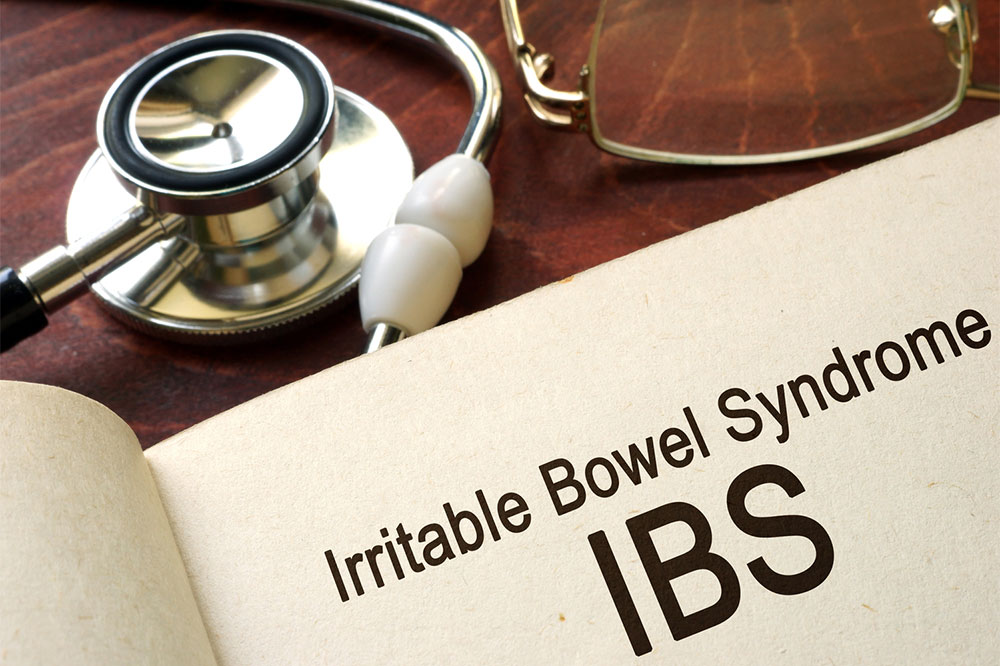Comprehensive Guide to Persistent Diarrhea: Causes, Symptoms, and Natural Treatments
Persistent diarrhea is a serious condition affecting many, caused by various underlying issues like IBS, IBD, and food intolerance. This comprehensive guide discusses causes, symptoms, and natural remedies to manage and treat chronic diarrhea effectively. Proper diagnosis and lifestyle adjustments can significantly improve quality of life. Learn about effective strategies and when to seek medical help.

Comprehensive Guide to Persistent Diarrhea: Causes, Symptoms, and Natural Treatments
Persistent diarrhea, characterized by frequent, loose, and watery bowel movements lasting longer than standard acute episodes, is a condition that warrants serious attention. While occasional diarrhea is common and often resolves within a few days, ongoing diarrhea that persists beyond four weeks can signal underlying health issues that require thorough diagnosis and treatment. Understanding the causes, symptoms, and natural remedies for chronic diarrhea is crucial for effective management and improving quality of life.
Most cases of diarrhea are self-limiting and resolve without medical intervention, especially when caused by minor infections or temporary dietary issues. However, persistent diarrhea can severely impact daily routines, leading to dehydration, electrolyte imbalances, weight loss, and nutritional deficiencies. It is especially important to recognize when diarrhea transitions from an acute to a chronic state, as it may indicate conditions such as irritable bowel syndrome, inflammatory bowel disease, celiac disease, or other gastrointestinal disorders.
Chronic diarrhea disrupts normal daily functions and can lead to complications like cramps, severe weight loss, malnutrition, and fever. Gaining awareness of its primary causes is essential for effective treatment and relief. Among the key contributors are:
Irritable Bowel Syndrome (IBS): This common functional disorder persists for over six months and manifests through abnormal bowel habits—alternating between diarrhea and constipation—along with symptoms such as abdominal cramps, bloating, and stress-related discomfort. While the exact cause remains unknown, factors like stress, diet, and gut motility abnormalities play a role.
Inflammatory Bowel Disease (IBD): Encompassing Crohn’s disease and ulcerative colitis, IBD involves persistent inflammation of the gastrointestinal tract. Autoimmune responses damage intestinal tissues, leading to symptoms of bloody diarrhea, weight loss, fatigue, and gut pain. Crohn’s disease can affect any part of the digestive tract from mouth to anus, while ulcerative colitis primarily affects the colon and rectum.
Celiac Disease: An autoimmune disorder triggered by gluten ingestion, celiac disease causes damage to the small intestine lining, resulting in malabsorption of nutrients. Symptoms include chronic diarrhea, anemia, fatigue, growth delays in children, and weight loss. Diagnosing gluten sensitivity requires specific tests and dietary modifications.
Food Intolerance: Food intolerance occurs when digestive enzymes are insufficient to properly break down certain foods. Lactose intolerance, perhaps the most common form, inhibits the digestion of milk sugar, resulting in abdominal cramps, excessive gas, mucus-laden diarrhea, and bloating after consuming dairy products.
Bile Acid Malabsorption: Normally, bile acids are reabsorbed efficiently in the terminal ileum, but in cases where reabsorption fails, bile acids accumulate in the colon. This leads to watery diarrhea, abdominal cramping, bloating, and sometimes fecal incontinence.
Medication Side Effects: Certain medications, notably antibiotics, chemotherapy drugs, or specific supplements, may induce prolonged diarrhea as a side effect. This often accompanies symptoms like fatigue, abdominal pain, or dehydration, and requires adjustments or alternative treatments.
Managing chronic diarrhea involves more than just medical treatment; lifestyle adaptations can significantly alleviate symptoms. Some effective tips include:
Avoiding caffeine, sodas, and processed drinks that irritate the gut
Increasing intake of fiber-rich fruits and vegetables to improve bowel regulation
Maintaining adequate hydration to prevent dehydration
Limiting alcohol consumption and quitting smoking, which can worsen gastrointestinal issues
Eating smaller, more frequent meals to ease digestion
Engaging in regular physical activity to promote gut health
Practicing stress management techniques such as meditation, yoga, or deep-breathing exercises
Reducing or eliminating dairy products if lactose intolerant
Following a low-residue diet to minimize intestinal strain
For persistent or severe symptoms, consulting a healthcare professional is essential to diagnose the underlying cause and initiate targeted treatment, including medication, diet adjustments, or further diagnostic testing. Persistent diarrhea not only affects your quality of life but can also signal serious health issues; early intervention can prevent complications and promote recovery.Understanding the complexities of chronic diarrhea allows patients and caregivers to take proactive steps towards effective management. Recognizing symptoms early, making dietary and lifestyle changes, and seeking medical advice are critical components for overcoming this condition and restoring digestive health.





